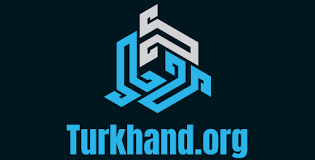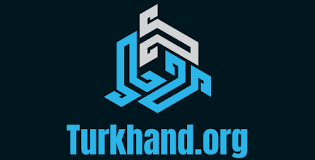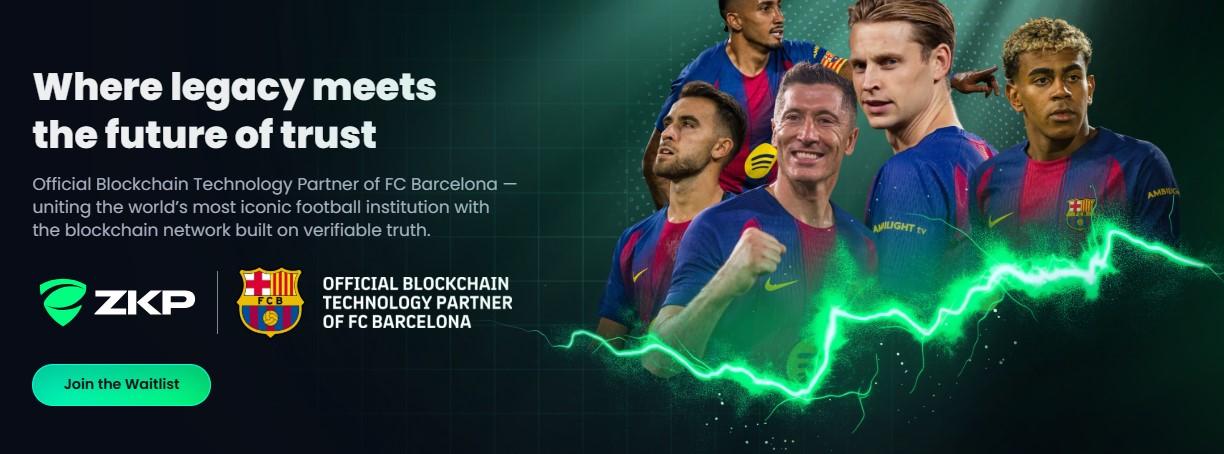The evolution of decentralized technology is marked by continuous breakthroughs aimed at solving its most persistent challenges: privacy and scalability. Today, the most powerful catalyst for this change is the Zero-Knowledge Proof (ZKP). This cryptographic marvel is fundamentally reshaping how we think about trust and data on the internet. For forward-thinking technology providers like zkp, the principles of zero-knowledge proof crypto are not just theoretical concepts; they are the bedrock of a new, secure digital infrastructure.
In a world where digital footprints are constantly growing and data breaches are common, the ability to prove a truth without revealing the underlying secret is immensely valuable. This is the core promise of ZKP, and its implementation in the crypto space is unlocking possibilities that were once confined to the realm of science fiction.
Defining the Cryptographic Revolution: What is a Zero-Knowledge Proof?
At its heart, a Zero-Knowledge Proof (ZKP) is a protocol that allows a Prover to convince a Verifier that a certain statement is true, without revealing any information about the statement itself beyond the fact of its truth.
Imagine proving you know a password without ever typing it, or proving you are over the age of 18 without showing your birth date. This is the essence of the ZKP. It ensures verifiability without exposure, a critical feature in a decentralized public ledger system like blockchain.
This cryptographic protocol is defined by three fundamental properties:
-
Completeness: If the statement is actually true, the honest Prover will successfully convince the Verifier.
-
Soundness: If the statement is false, a dishonest Prover cannot convince the Verifier, except with a negligible chance.
-
Zero-Knowledge: The Verifier learns nothing from the proof except that the statement is true. No other information is leaked.
The successful application of these rigorous mathematical constraints is what makes zero-knowledge proof crypto such a transformative force. The technology moves the focus from revealing data to proving its validity, ensuring transactions and interactions remain secure and confidential.
The Privacy Imperative: ZKPs and Confidential Transactions
Blockchain’s foundational principle of public transparency—where every transaction is visible to all—is both its greatest strength and a major hindrance to mass adoption. While transparency fosters trust, it eradicates financial privacy, which is non-negotiable for large enterprises and many individuals.
Zero-knowledge proofs provide the elegant solution to this dilemma. Cryptocurrencies, such as Zcash, have pioneered the use of ZKPs (specifically zk-SNARKs) to facilitate shielded transactions.
When a user initiates a shielded transaction, the network does not see the sender, the recipient, or the amount being transferred. Instead, a concise, mathematically-generated ZKP is created and posted on the public ledger. This proof, verifiable by every node on the network, confidently confirms that:
-
The sender had sufficient funds.
-
The transaction logic was followed correctly (e.g., no double-spending occurred).
The entire system maintains trust and integrity while upholding the user’s privacy. This ability to make transactions invisible to the public eye while remaining verifiable by the protocol is the cornerstone of privacy-preserving zero-knowledge proof crypto. This is the kind of powerful, balanced solution that businesses like zkp are dedicated to building.
Scaling Blockchain: ZK-Rollups as the Performance Engine
While privacy has been a major driver, the most impactful deployment of zero-knowledge proof crypto currently centers on solving the blockchain’s infamous scalability challenge. This solution comes in the form of ZK-Rollups, a revolutionary Layer 2 scaling technology.
In a ZK-Rollup, thousands of individual transactions are executed off-chain on a dedicated layer. These transactions are then bundled, or "rolled up," into a single batch. Instead of submitting thousands of data-intensive transactions to the main blockchain (Layer 1), only a single, compact validity proof—the ZKP—is submitted.
This validity proof is a cryptographic guarantee that all the transactions within the bundled batch were executed correctly and adhere to the protocol's rules. The main blockchain only needs to verify this single proof, not every individual transaction.
The resulting benefits are staggering:
-
Massive Throughput: The main chain’s transaction processing capacity increases exponentially.
-
Reduced Costs: Users share the cost of posting the single proof, leading to dramatically lower transaction fees.
-
Inherent Security: ZK-Rollups inherit the robust security of the underlying Layer 1 blockchain, as the validity proof must be cryptographically sound for the block state to be updated.
Projects employing ZK-Rollups, utilizing techniques like zk-SNARKs and the more modern, transparent zk-STARKs, are transforming networks like Ethereum into platforms capable of handling global-scale decentralized applications. The efficient, secure verification afforded by ZKPs is the true engine of blockchain scalability.
Beyond Finance: Broader Applications of Zero-Knowledge Proofs
The applications of zero-knowledge proof crypto are expanding rapidly, touching areas far beyond cryptocurrency transactions. This technology is paving the way for a more secure and confidential digital ecosystem across numerous industries.
Decentralized Identity (DID) and Selective Disclosure
In current digital identity systems, proving your eligibility (e.g., age, financial solvency, educational status) often requires handing over excessive personal data. ZKPs enable a new paradigm: selective disclosure. A user can hold their identity credentials privately and generate a zero-knowledge proof that only confirms the necessary information. For example, you can prove you are over 18 without revealing your exact date of birth, or prove your credit score is above a certain threshold without disclosing the score itself. This empowers individuals and reduces the liability of organizations holding sensitive user data, a core principle driving the development at zkp.
Private Smart Contract Computation
Smart contracts on public blockchains typically have all their input data and logic publicly viewable. ZKPs allow for confidential computation. Complex or sensitive data calculations can be performed off-chain, and only a zero-knowledge proof of the correct outcome is submitted to the main blockchain. This opens the door for industries with strict regulatory requirements, such as healthcare, supply chain management, and traditional finance, to finally leverage decentralized applications without compromising proprietary or sensitive patient information.
Trustless Auditing and Compliance
ZKPs allow a company to prove to regulators or auditors that they meet compliance standards (e.g., "Our reserves exceed our liabilities," or "All transactions adhere to KYC rules") without ever revealing the proprietary, confidential financial data or customer identities. This ability to verify compliance trustlessly while maintaining confidentiality is a monumental step forward for regulatory acceptance of decentralized systems.
The Road Ahead: ZKP's Indispensable Role
The journey of zero-knowledge proof crypto from academic theory to indispensable blockchain technology has been swift and profound. The distinction between its two primary forms—zk-SNARKs, valued for their succinctness and fast verification times, and zk-STARKs, prized for their transparency and resistance to quantum computing—showcases the dynamic innovation defining this field.
As the industry matures, the integration of ZKPs will become seamless and invisible to the end-user. What remains is the powerful outcome: a globally distributed digital ledger that is both publicly verifiable and privately confidential. This duality is the key to unlocking true global adoption of decentralized technologies. The work being pioneered by specialists like zkp is ensuring that this future of private, scalable, and secure decentralized systems arrives not as a distant goal, but as a practical reality today.



